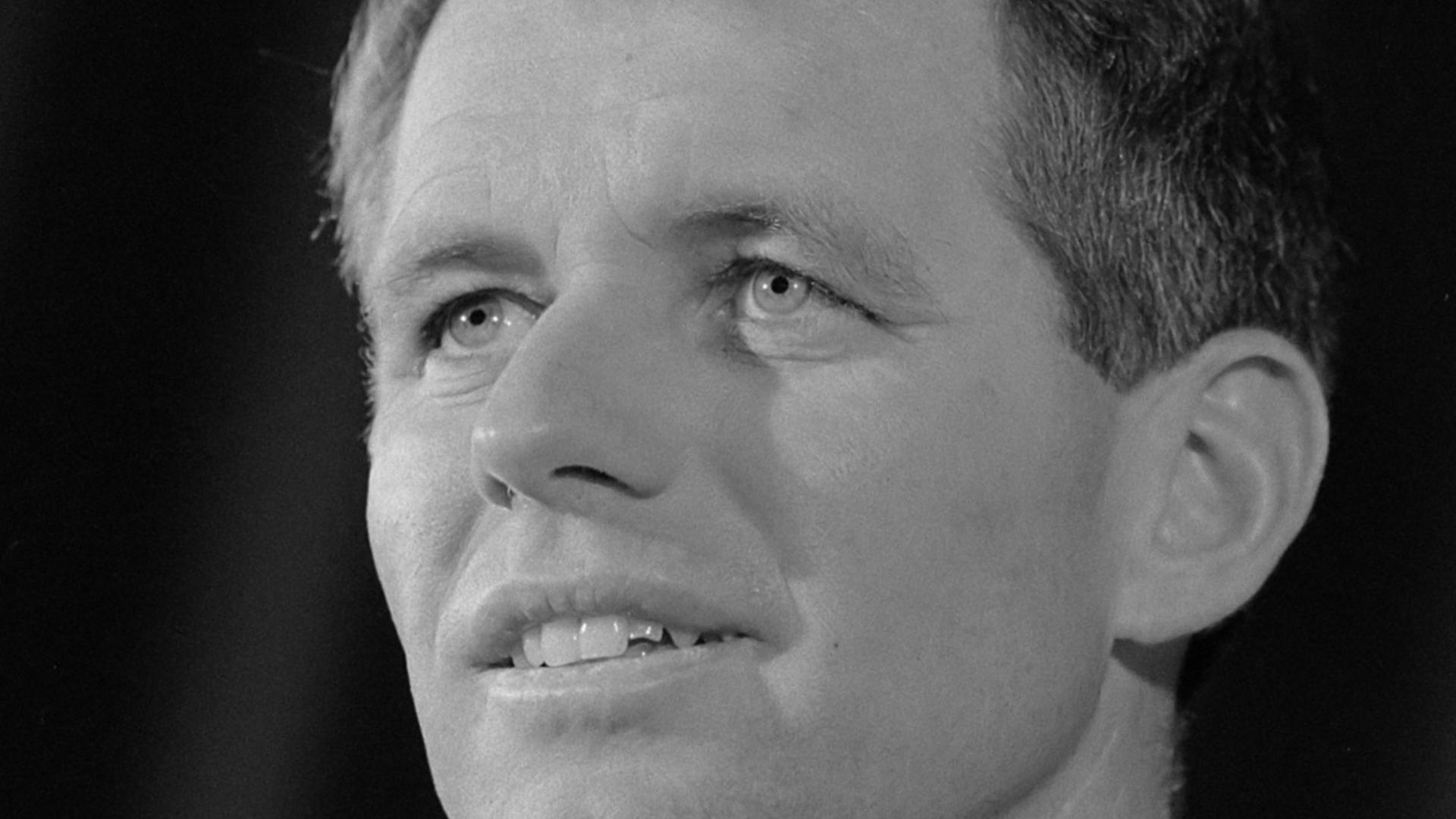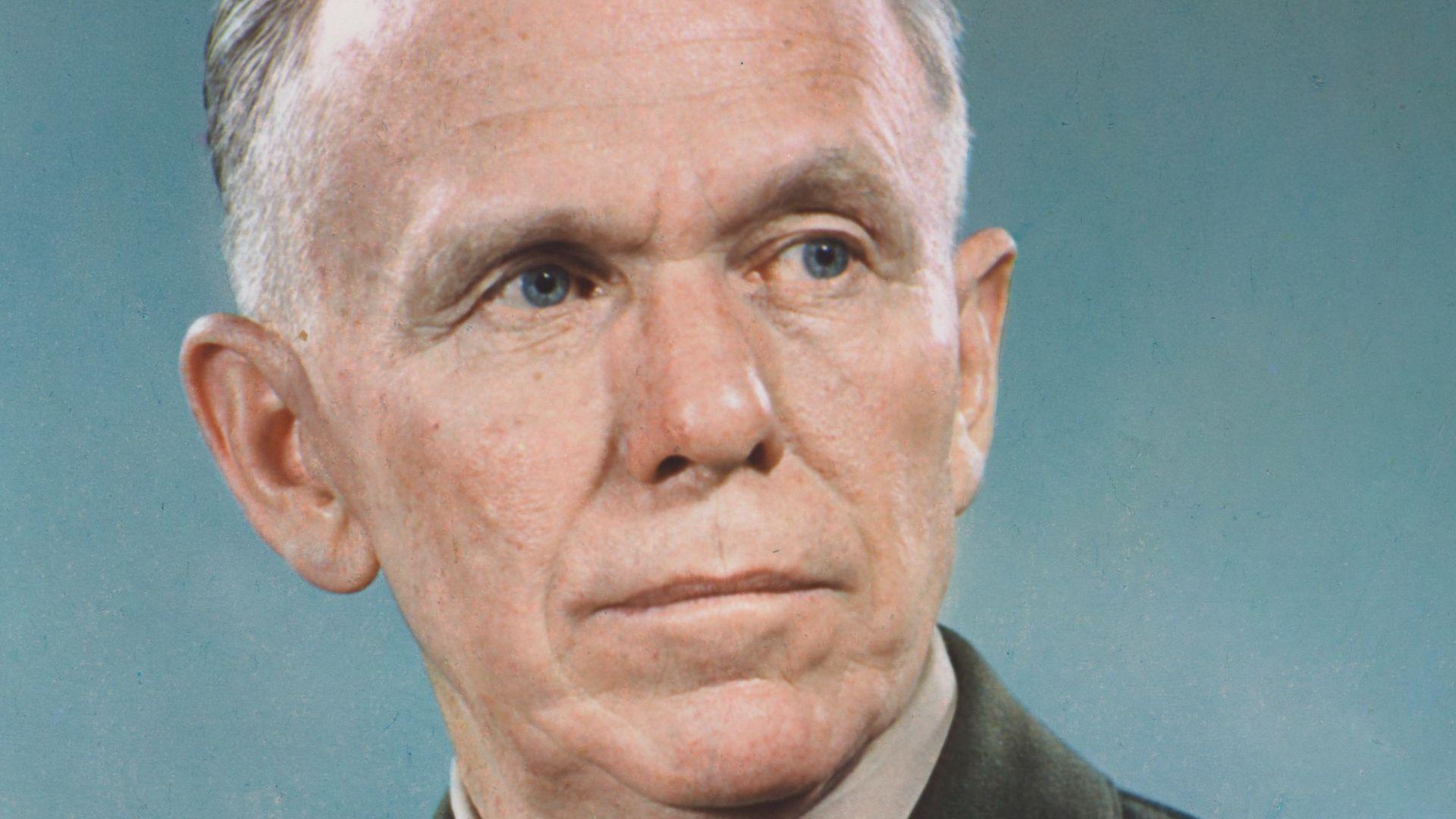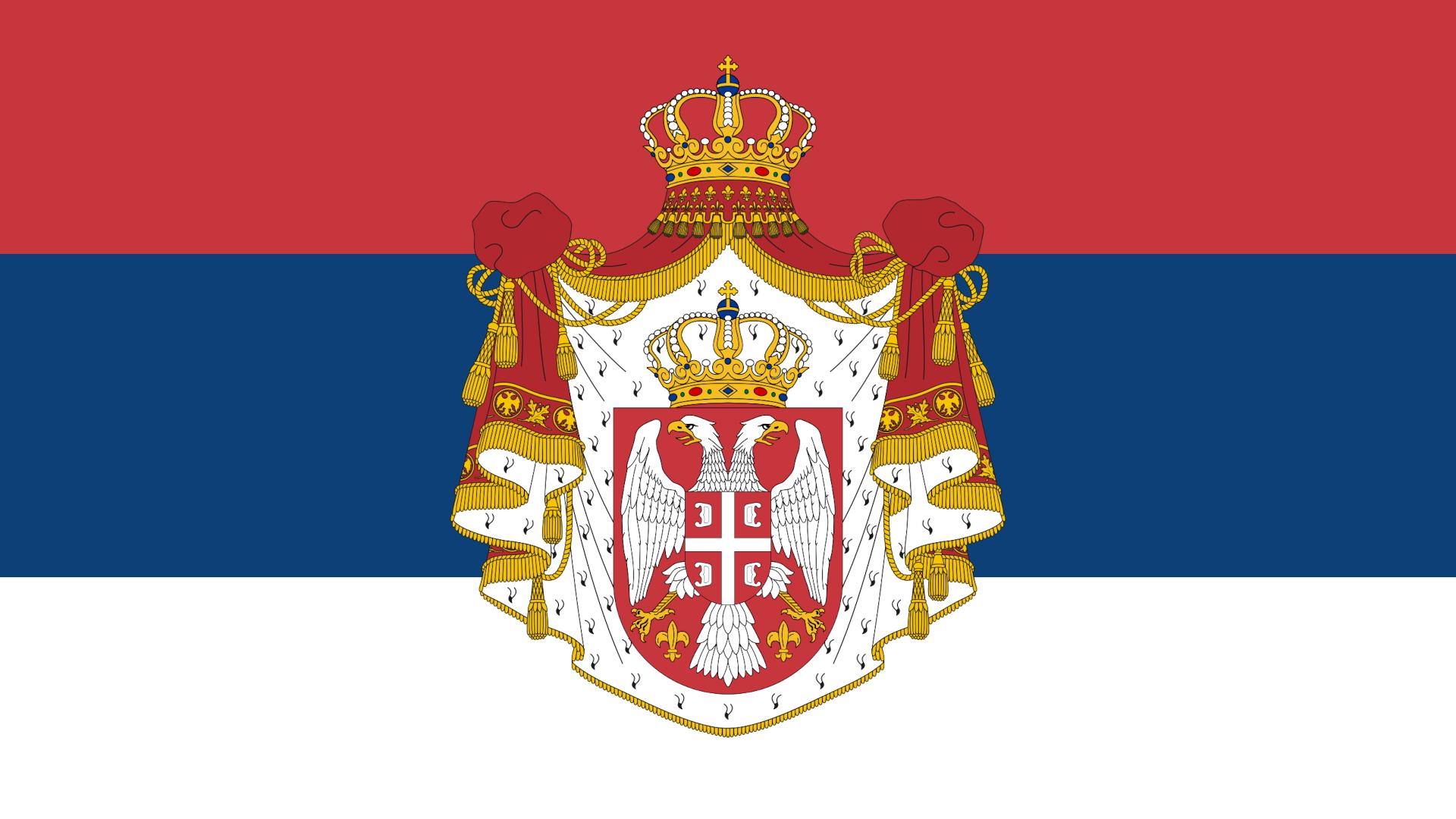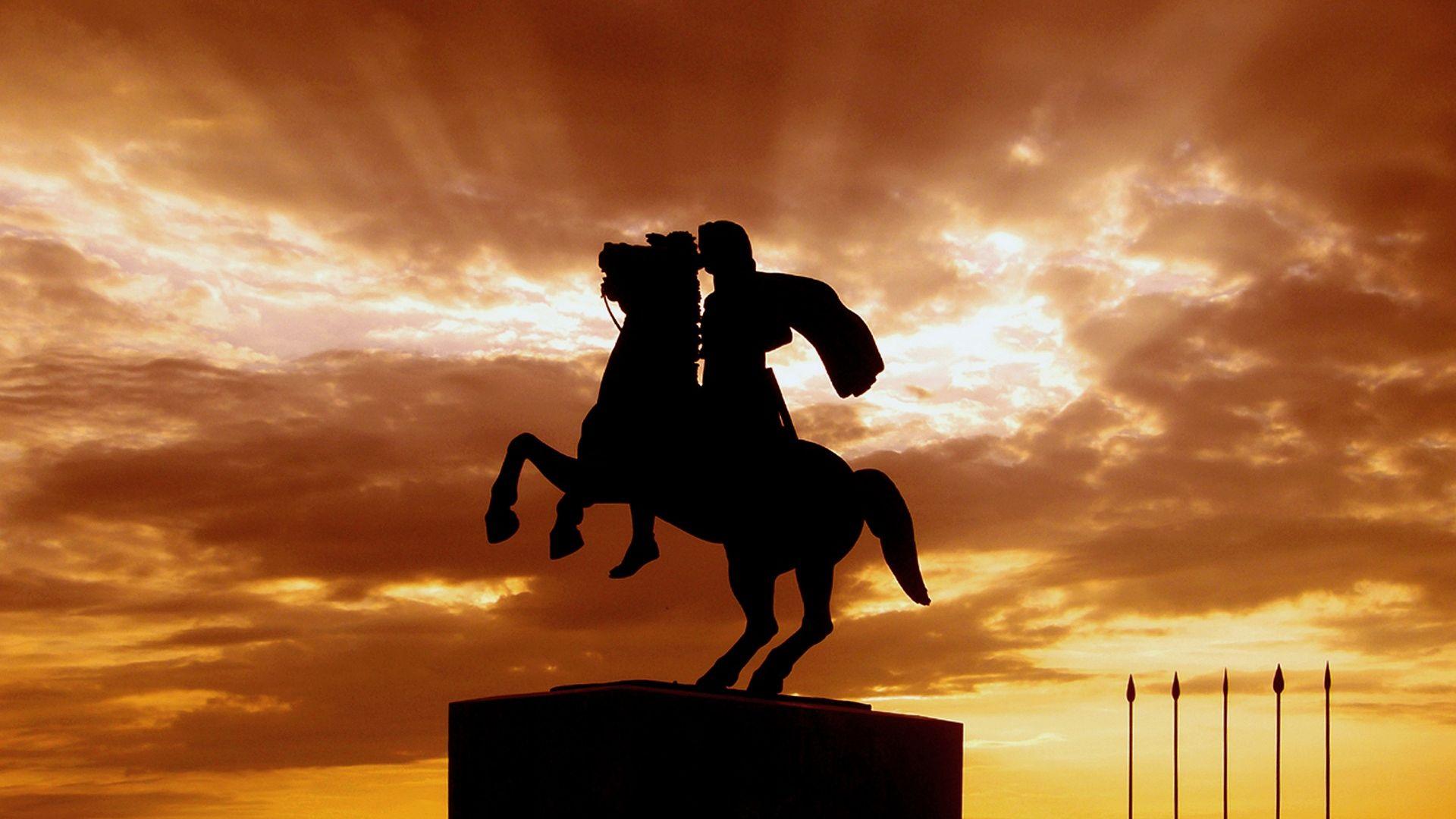Through antiquity and into the modern day, the 5th of June has seen assassinations, wars and the rise of both countries and historic icons.
From the British occupation of Pretoria to the trial of Harvey Weinstein, let’s examine some of the events that have stood the test of time and sent ripples across history.
Robert Kennedy’s Assassination

For some, June 5 means the anniversary of a tragic day in political history. Robert Kennedy was assassinated on this day in 1968.
He took an ill-advised shortcut through a crowded hallway, where he was shot 3 times with a revolver. This was, of course, only 5 years after the assassination of his brother, John F. Kennedy, in Dallas, Texas.
The Establishment of the Kingdom of Holland

Much of the land now the modern day country of Netherlands was, for a short but hugely significant period, known as Kingdom of Holland. It was on this day in 1806 that Napoleon Bonaparte installed his brother Louis as the King of Holland.
The puppet Kingdom wasn’t to last, however, as King Louis went rogue, serving Dutch interests instead of his brother’s. The experiment ended promptly in 1810, paving the way for the Dutch House of Orange.
Edward Snowden Leaks

It was on this day, in 2013, that Edward Snowden, an NSA whistleblower, published his first exclusive in the Guardian news publication.
The first set of leaks detailed how the US had forced Verizon to provide the details of millions of Americans’ phone records. These details were reportedly smuggled out hidden inside a Rubik’s cube.
The Marshall Plan First Outlined

The USA’s landmark European recovery package was first drafted on this day in 1947.
Named after the US Secretary of State, George Marshall, the funds were roughly divided up to states on a per capita basis. It led to a rapid economic recovery for Western European nations and may have helped cemented US influence in the region.
The Anniversary of Ray Bradbury’s Death

Today is also the day, in 2012, that Ray Bradbury, the famous American author, passed away.
He is perhaps best known for Fahrenheit 451, a dystopian novel set in a future USA that has outlawed books. It follows a conflicted “fireman” that is responsible for finding and burning books.
Serbian Independence Day

On this day in 2006, Serbia declared itself the successor to what was previously Serbia and Montenegro.
Montenegro had narrowly passed an independence referendum with 55.5% of voters voting for independence from Serbia. Serbia’s declaration of independence on 5 June followed Montenegro’s decalration 2 days prior.
Pretoria Taken by the British Empire

On June 5, 1900, during the Second Boer War, British forces under Lord Roberts captured Pretoria, the capital of the South African Republic (also known as the Transvaal).
This event marked a significant turning point in the war and preceded the landmark Battle of Diamond Hill, which forced the Boers north.
Harvey Weinstein Plea

On June 5, 2018, Harvey Weinstein, the former Hollywood film producer, pled not guilty to rape and sexual assault in New York.
This arrest was a crucial moment in the #MeToo movement, which highlighted widespread sexual harassment and assault in various industries.
Newton Begins Studies at Cambridge

On June 5, 1661, Isaac Newton was admitted to Trinity College, Cambridge. He studied philosophers such as Aristotle and Descartes.
Newton would go on to become one of the most influential scientists of all time, including outlining the Laws of Motion, a set of laws that attempt to explain how physical objects and systems move and react.

